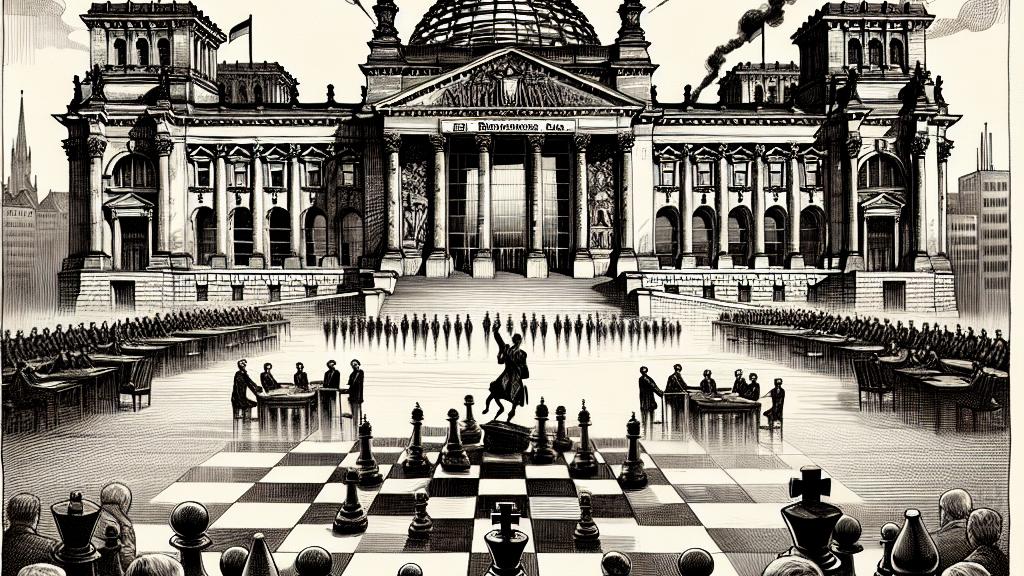Understanding the Confidence Vote and Early Elections in Germany
Overview
- On December 16, 2024, German Chancellor Olaf Scholz lost a pivotal confidence vote, sparking significant political change.
- This marks only the sixth confidence vote in Germany's post-war history, highlighting its rarity and importance.
- As a result, early elections are set for February 23, 2025, with the potential to reshape the future of German governance.

Event Background
The political landscape in Germany shifted dramatically on December 16, 2024, when Chancellor Olaf Scholz lost a confidence vote in the Bundestag, the nation's parliament. This moment marked only the sixth confidence vote since World War II—an event that doesn't happen frequently, making it all the more significant. Scholz, in a strategic yet risky move, called for this vote himself, hoping to trigger early elections due to the struggles within his ruling coalition. Formed by his Social Democratic Party (SPD), the Green Party, and the Free Democrats, this coalition has been battling internal conflicts over diverse issues, including economic policy and budget disagreements. It's a classic case of political tension, where leaders must decide whether to hold onto power or pave the way for new leadership in uncertain times.
Implications of the Vote
The fallout from the confidence vote is monumental and sets the stage for early elections scheduled for February 23, 2025. German President Frank-Walter Steinmeier now faces the crucial task of deciding whether to dissolve parliament, a decision he is expected to make soon. As various parties rev up their campaign engines, they are gearing up to discuss essential topics such as economic recovery from the impact of the COVID-19 pandemic and the lingering effects of the war in Ukraine. For example, candidates will address how to stimulate the economy which has been stagnating under the weight of rising living costs and inflation. This scenario encourages voters to scrutinize campaign promises closely, seeking genuine solutions rather than mere rhetoric.
Future of Scholz and German Politics
Although Scholz's confidence vote loss is seen as a serious setback, he remains chancellor until the upcoming elections unfold. His leadership has faced challenges from the coalition itself, particularly over fiscal policies that resonate deeply with the electorate. Meanwhile, the Christian Democratic Union (CDU), poised to regain prominence, is leading current polls, placing them in an advantageous position to potentially form the next government. Observers note that their candidate, Friedrich Merz, could be the face of a newly configured government if they succeed. As discussions around economic policy heat up, many experts argue that significant fiscal stimulus will become imperative to address Germany's pressing financial challenges. In essence, this political drama is not just about losing or gaining power; it's about navigating the complexities of societal needs and expectations, reminding us of the dynamic nature of democracy.

Loading...